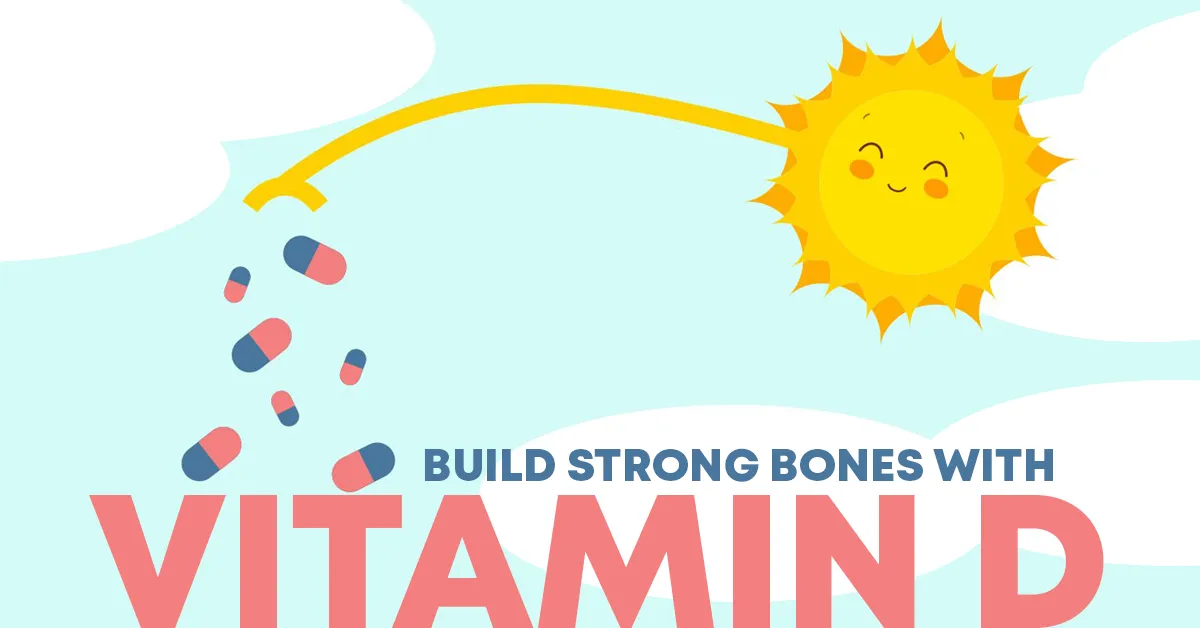On paper, vitamin D sounds like one of the easiest vitamins to add to your diet – after all, vitamin D is absorbed naturally into your skin from the sun. Certain foods also contain vitamin D, yet about 42% of the United States Population have a vitamin D deficiency.
So why the deficiency? In Minnesota, we may not have a hard time getting out in the sun in the summer, but in the winter natural vitamin D exposure proves difficult due to the combination of less daylight and colder weather. The lack of natural sunlight exposure for a portion of the year may play a factor, but no doubt there are also opportunities for many of us to increase our vitamin D intake.
What does Vitamin D do for me?
According to the National Institute of Health, “vitamin D promotes calcium absorption in the gut and maintains adequate serum calcium and phosphate concentrations to enable normal mineralization of bone and to prevent hypocalcemic tetany.” This is to say vitamin D helps prevent bones from becoming thin.
Vitamin D has also been found to be linked to lower risks of diabetes, heart disease, certain types of cancer, and even depression (Cleaveland Clinic).
What foods have Vitamin D?
There are very few foods that naturally contain vitamin D. Fatty fish and fish liver oils are some of the best options.
But if you pay attention to your nutrition labels you have likely seen vitamin D appear in other foods. This is because there are fortified foods that contain vitamin D. These foods have nutrients added to them that would not naturally be in the products – including vitamin D and other commonly deficient nutrients like iron.
Milk is a great example of a food that is often fortified with vitamin D. The downfall of this however is that many fortified foods, like cereal, also contain sugar and saturated fats.
Pay attention to the nutrition labels to see if any of the foods you eat each day are fortified with vitamin D (particularly dairy products).
How else can I consume Vitamin D?
A popular way to add vitamin D to your diet is through supplements. This is particularly the case during months when natural sun exposure can be limited. We carry our recommended choices of vitamin D supplements available for sale at our clinic.
How much Vitamin D do I need each day?
If you are under the age of 70, it is recommended you receive 15 mcg (micrograms) of vitamin D each day. Those over the age of 70 are recommended to receive 20 mcg of vitamin D daily.
According to the National Institutes of Health, 1 cup of 2% milk contains 2.9 mcg of vitamin D. Even if you drink 2 cups of milk a day, you will not reach the recommended amount of vitamin D without receiving it from another source or natural sunlight. This is why adequate time outside and supplementing your vitamin D is important.


